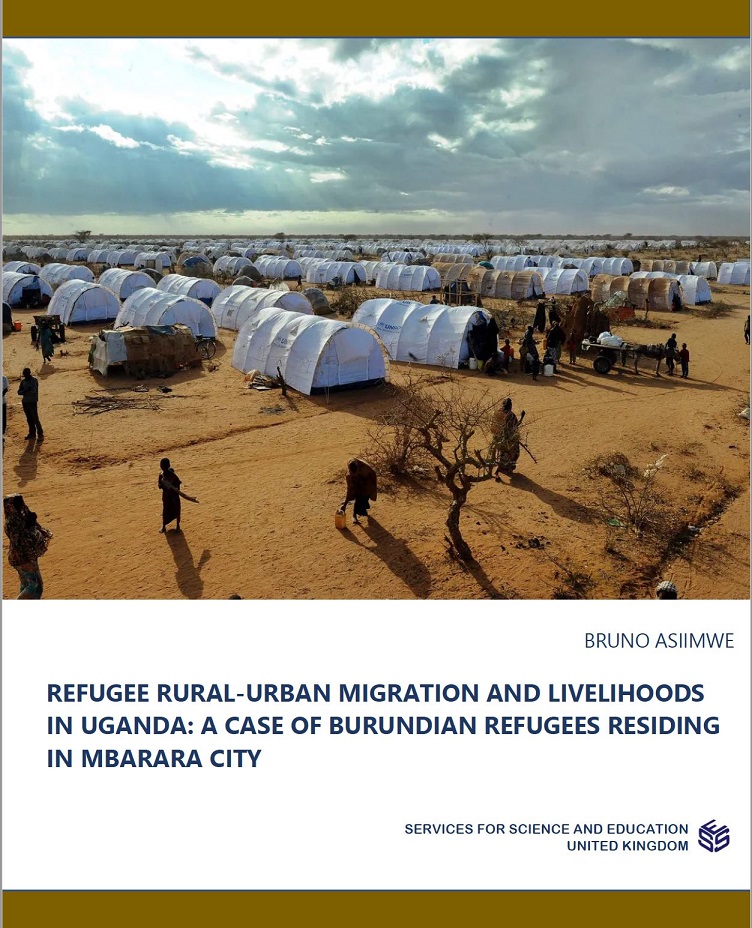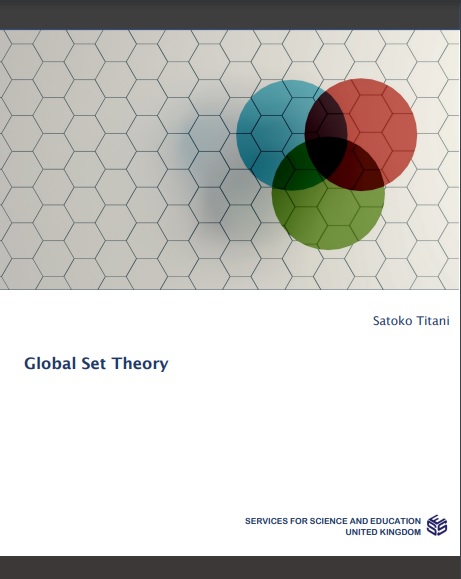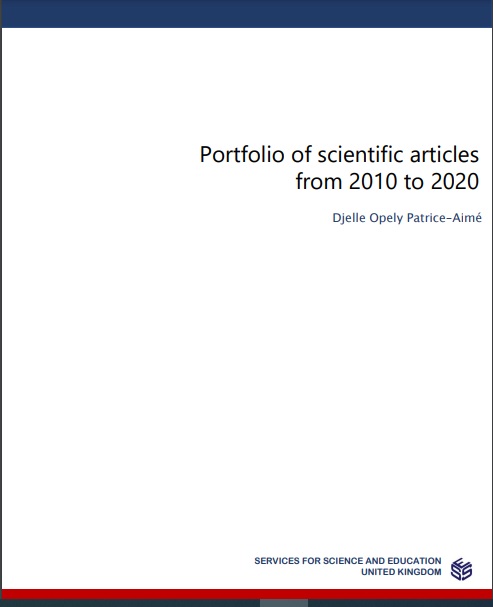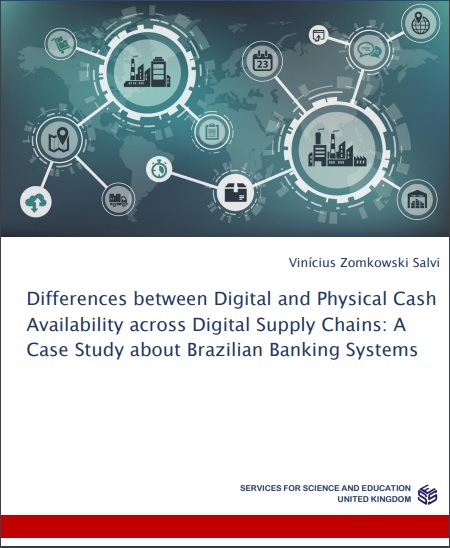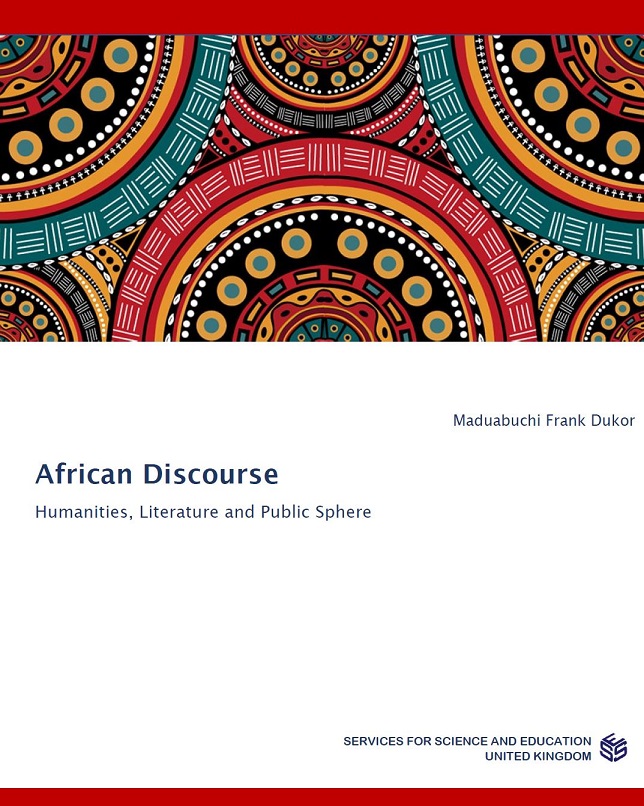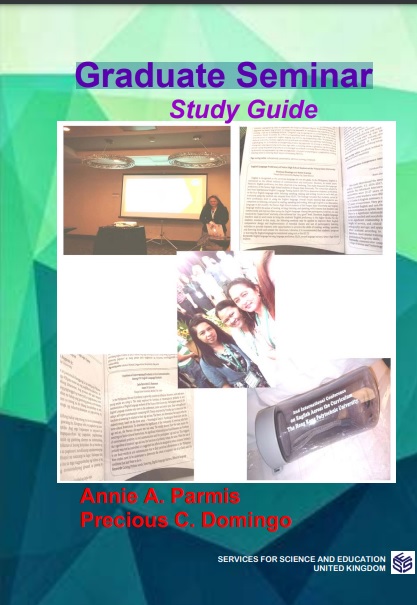Purpose: This research work differentiates digital and physical cash availability based in the hypothesis that digital money is created using further virtual enterprises efficiency while physical cash, even utilizing digital supply chains, depends fundamentally of material management efficiency. This research was also considering that banks were one segment which very developed virtual integrations due to their peculiarities (high value transportation, storage, and etc.). Design Methodology: They are three different case studies. The first one about BB (Banco do Brasil), Itau, and Bradesco (the three biggest commercial banks) operations in Brazil for availability of Physical money, using official data kept by Central Bank of Brazil, IBGE, and those three above cited Banks. The digital money availability was another case study investigating the whole payment system of Brazil using POS, card, credit, debit information provided by BCB. The third case study was designed for investigating practices of digital supply chains through further usages in BB, Bradesco, and Itau. However, during the research, the original plan got no enough results, turning the last case investigation more about the same whole payment system, informing the clouding computing, the interoperability, and the reduction of physical demands like introductory results. Finding: This dissertation were able of mapping graphically how the physical money is spread across banking operations into the Brazilian territory, better saying, it shows Brazilian Bank – the total sum of Branches of BB , Bradesco and Itaú – concentrations in each municipality, and the availability of M0- Branches Reserves of those same banks across those same municipalities. The Digital money applications pointed the debit, credit, online transferring, STR, TED, DOC, intrabank operations as very used examples of digital money. Visa and Master card are the two main banner card used in Brazil, but this country has challenges of internet and mobile usages for accomplishing its ambitious project of further integration and instantaneous electronic Payments (PIX). Practical Implications: The Digital money today’s availability is not instantaneous (up to 2 workdays), it is expensive (up to R$20.00 each transaction) and not able 24 hours per day, all week (only workdays). The physical money is also compounded by hidden costs of storage, packaging, transportation and purchase, making Central Bank of Brazil spend more than R$700.00 million each year. The second tier, from BCB to Commercial Banks, has also potential of being expensive, once transportation, physical installations, third party services, surveillance, and transport represent the majority of those operational costs and should be also applied to commercial banks physical distribution.
